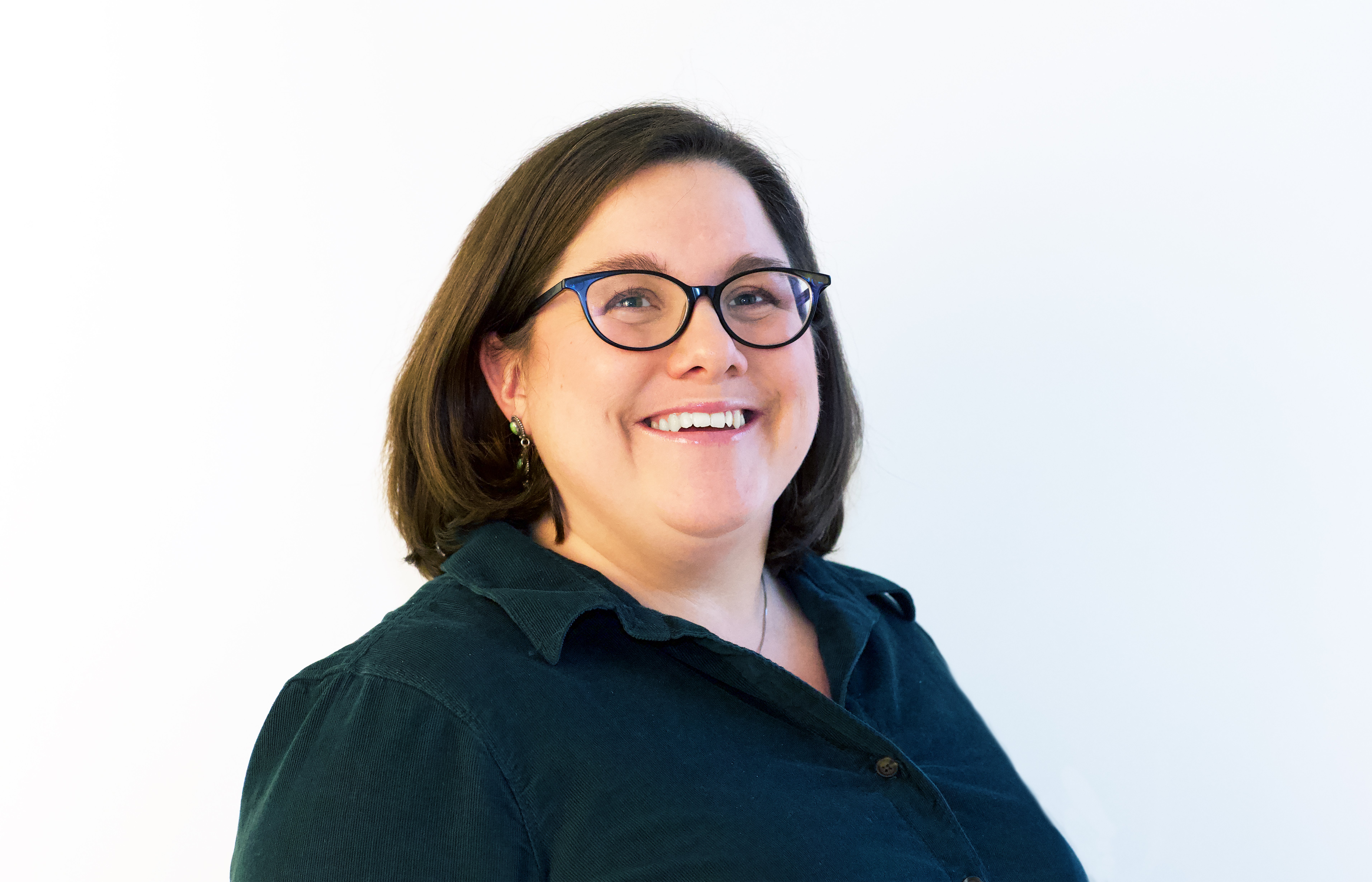I had the privilege of attending the African American Intellectual History Society (AAIHS) annual meeting, which was held in Providence, Rhode Island, this year. At the last academic conference I attended, I was still a newly minted PhD discussing my academic research. That was twelve years ago and I was hesitant about how a genealogist might be received by academic scholars. I was pleasantly surprised to discover that academics are hungry for genealogy—if not for their research, then for themselves, personally.

I registered for the conference with the intention of expanding my knowledge of the field of African American history to assist me in the work I do at American Ancestors. As a Senior Genealogist of the Newbury Street Press, I write books on family history, and I specialize in researching enslaved ancestors. I have long felt confident in my ability to locate illusive documents and piece together familial relationships that are often silent in the records. However, to construct authentic narratives about the ancestors’ lives in my books, I wanted a better sense of African American history—something I did not study in graduate school—which drove me to attend the conference and get a feel for the trends in the field.
I attended a wide range of panels with topics in public history, slavery in the northern United States and Canada, Black writing in the Pan-African World, and Afro-Indigenous studies in North and South America. I noted with interest that many of the panelists from these subfields were using genealogical elements in their work. Some were piecing together family trees to identify descendants of historic events or places, while others used family history as case studies to explain the direct impact of events on communities or to identify places for archaeological digs.
The lunch session on publishing global Black history included panelists from four of the eleven academic presses present at the conference. While this served primarily as an introduction for new scholars regarding the ins and outs of getting their books published, they also discussed publication trends in global Black studies. One of the trends of interest to genealogists is the reconstruction of history at the local level with women and families at the center. Another trend is an attention to aging and the lived experiences of enslaved and newly freed Black people as they reached advanced ages.
Indeed, I found several texts in the displays of the presses that centered family history as a method for examining greater themes in history. I was lucky enough to bring several of these home from the conference to help inform my own writing. Many of these works center on the author’s own family, marking another trend of bringing an emotional and personal approach to the field.

Even more exciting than the panels I attended was the enthusiasm I discovered in the people I met during the conference. I actively worked to introduce myself and the work of American Ancestors to as many people as possible, and everyone I encountered was excited to talk family history with me. Some discussed using genealogy in their research, but just as many wanted to pick my brain about finding their own ancestors. There was a lot of discussion regarding how family history research provides gateways of empathy lacking in many scholarly fields. One gentleman even proclaimed his belief that genealogists will save the world by bringing people together. I agree.
I left the conference invigorated and excited to explore new research opportunities and scholarly relationships. Having worked in both the academic and genealogical fields, I have long been an advocate for bridging the gap between the two. What I saw and experienced at this conference made evident that this work is well underway by academics. As these trends continue to develop, I am confident that there is so much room for the field of genealogy to grow with other fields of study and I am eager to see where the future takes us.
Learn More:
Free Download: Getting Started with African American Genealogy
Share this:

About Meaghan E.H. Siekman
Meaghan joined the American Ancestors staff in 2013 as a Researcher before moving to the Publications team in 2018 where she is currently a Senior Genealogist of the Newbury Street Press. As a part of the Publications team, Meaghan researches and writes family histories and other scholarly projects. She also regularly develops and presents lectures as well as other educational material on a variety of research topics. Additionally, Meaghan serves as the American Ancestor's representative to the New England Regional Fellowship Consortium. Meaghan holds a PhD in history from Arizona State University where her focus was public history and American Indigenous history. Prior to joining American Ancestors, she worked as Curator of the Fairbanks House in Dedham, Massachusetts and as an archivist at the Heard Museum Library in Phoenix. Meaghan also worked for the National Park Service and wrote several Cultural Landscape Inventories, most notably for Victoria Mine within the Organ Pipe Cactus National Monument. Her doctoral dissertation, Weaving a New Shared Authority: The Akwesasne Museum and Community Collaboration Preserving Cultural Heritage, 1970-2012, explored how tribal museum utilized shared authority with their communities. For American Ancestors, Meaghan authored Ancestry of Secretary Lonnie G. Bunch II in 2023, and Ancestry of Douglas Brinkley in 2019. She co-authored with Chistopher C. Child, Family Tales and Trials: Settling the American South in 2020. She also contributed to Ancestors of Cokie Boggs Roberts with Kyle Hurst in 2016. She has published portable genealogists on African American Genealogy (2015) and Native Nations in New England (2020). Meaghan has authored several articles in her tenure for American Ancestors magazine including most recently, “10 Myths about Slavery in the United States.” She has presented many lectures on African American genealogy, researching enslaved ancestors, researching the history of a house, using oral history in genealogical research, researching women, and other topics.View all posts by Meaghan E.H. Siekman →